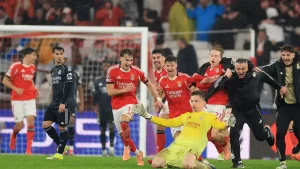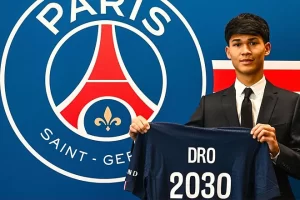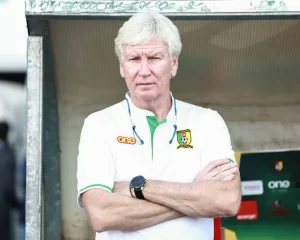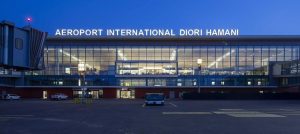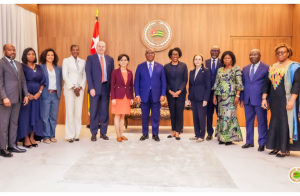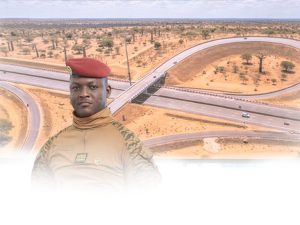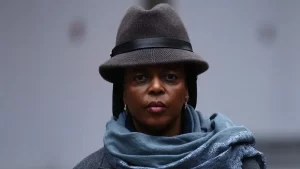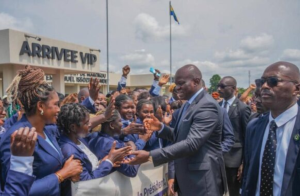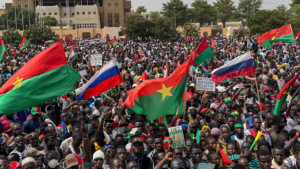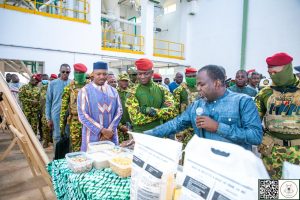DRC: Rwandan President Paul Kagame caught plotting against Kinshasa at the Lusaka Summit
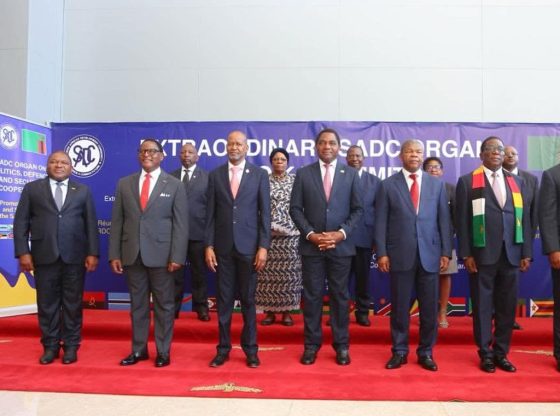
The recent summit in Lusaka, Zambia, convened by the Southern African Development Community (SADC) to address security concerns in the Eastern Democratic Republic of Congo (DRC), has yielded significant insights. Following deliberations among the Troika Heads of State, a body within the SADC, there is growing evidence implicating Rwanda in the ongoing rebellion orchestrated by the M23 group.
The summit’s official statement condemns Rwanda’s actions, which were seen as obstructing the SADC mission—a regional force that has bolstered the Congolese army’s efforts on the ground against rebel factions.
Reports reveal that Rwandan President Paul Kagame pursued diplomatic channels, including engagements with the UN Security Council and the African Union Commission, in an attempt to hinder the SADC’s military presence in the DRC.
Thankfully, Rwanda’s appeals were rejected, and instead, the African Union endorsed the deployment of equipment from the African Standby Force (ASF), stationed in Cameroon, to support the SADC’s peacekeeping efforts in Eastern Congo.
This situation prompts a crucial question: Who stands to gain from the prolonged security crisis in Eastern Congo?
The unfolding dynamics suggest that President Paul Kagame of Rwanda could be manipulated or influenced by various entities, including elements within the international community (such as the United States, France, and the European Union), driven by exploitative agendas aimed at African resources.
This pattern is evident in regions of armed conflict, often coinciding with the presence of French or American interests.
Therefore, it falls upon the Congolese government to strategize effectively, reassess partnerships, forge new alliances, or draw inspiration from successful counterterrorism efforts in the Alliance of Sahel States (AES).
These proactive measures are crucial as they align with the broader goal of restoring stability and peace in the Eastern Congo region.
Ferdinand FOTSO

